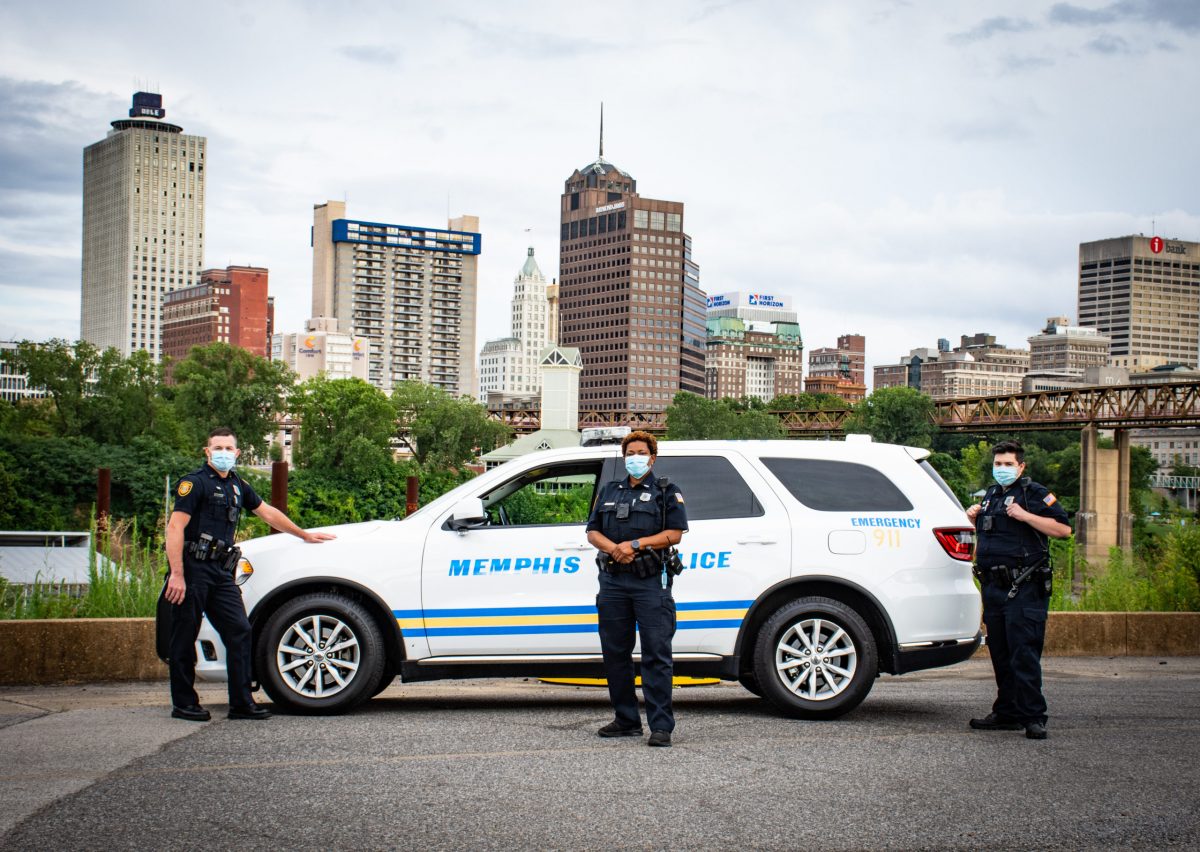Community organizations are urging Memphis Mayor Paul Young to enter a consent decree with the United States Department of Justice (DOJ) in the aftermath of the agency’s findings on the Memphis Police Department (MPD).
The Black Clergy Collaborative of Memphis, Memphis Interfaith Coalition For Action and Hope (MICAH), and Just City released a letter urging Young to sign the agreement. They said the DOJ’s findings found MPD to have consistent practices of discrimination and civil rights violations – many of which citizens had advocated against for years.
In hopes of remedying these issues, the organizations said the city should include the DOJ in its next steps with an “independent monitor.” They also noted Young’s concern for the financial risks a consent decree would impose, which is why he said the city will not enter an agreement.
“[Mayor Young] thinks the city and MPD can correct these abuses without DOJ involvement,” the letter said. “We can think of no instance when a just society allowed the abuser of others to determine how they would fix their behavior. Just societies always intervene and prescribe what the abuser must do, monitors the abuser, and decides when the correction has occurred, which is precisely what a consent decree would aim to do.”
The letter said while they support the mayor, they don’t believe he would be able to supervise officers and conduct and review incident videos while carrying out his mayoral responsibilities.
“We have no trust or confidence in leaving corrections to the people involved in the unlawful conduct, the persons who failed to supervise them, or those who stood by and said nothing while the unlawful conduct occurred. We need DOJ involvement,” the letter said.
Young reported that several cities, such as Chicago and New Orleans, have consent decrees that have cost them millions of dollars with crime rates still on the rise. Organizers said these references imply “ a connection without data or proof.”
While the letter said they don’t know how decrees are calculated or other factors contributing to these numbers, they cannot “use these numbers to compare or estimate the cost of a consent decree in Memphis.”
Organizers said under a consent decree the city must pay a monitor and their team to track their compliance with the DOJ’s plan and recommendations while also providing regular updates based on “agreed-upon metrics.” Memphis will also be required to cover any fines and fees imposed by the federal court if the MPD repeatedly fails to adhere to the consent decree.
“Memphis can limit the financial cost of the decree simply by complying with its requirements,” officials said. “Regardless of the cost, we know that protecting the lives of Memphians, especially persons with disabilities and children is priceless, too valuable not to sign the decree.”
They also referenced citizens who voiced their concern for MPD as they said they work hard with a “short staff” and they are “underpaid, outgunned on the streets, and continue to be beaten down (low morale)” as criminals are emboldened in their practice.
Organizers said there may be validity in these statements, but that doesn’t mean MPD’s behavior described in the report is justified.
“It is possible and necessary to address abusive conduct and establish lawful and effective public safety practices while acknowledging the challenging nature of the work and respecting officers who perform the job well,” they said.
In addition to urging the mayor to sign the agreement, the letter also recommends developing a peacekeeping force to aid in police reform.
“Our confidence in affecting positive, lasting, tailored change is grounded in the DOJ’s authority to secure the reforms of unconstitutional patterns and practices identified within MPD,” the letter said.
Organizers are currently asking citizens to sign a petition to urge Young to enter a decree which can be found here.
